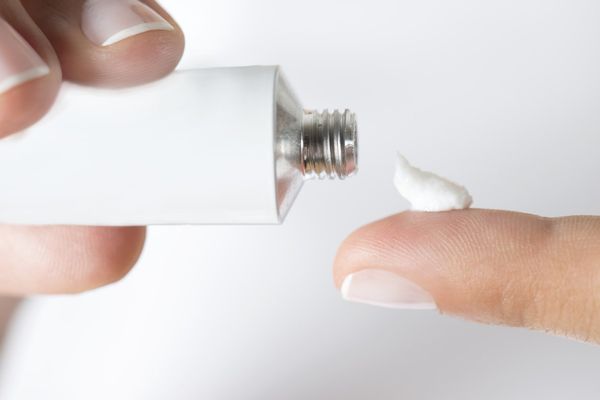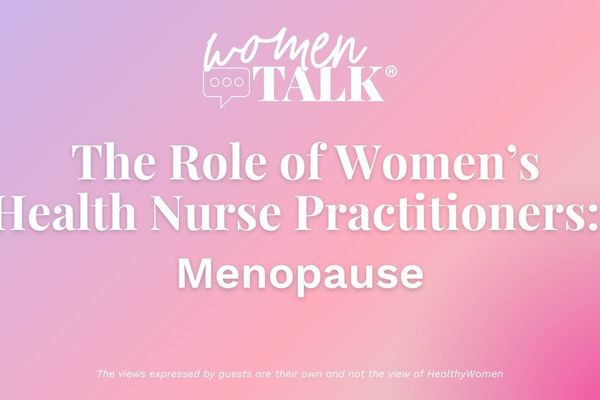You probably know about the weight gain, hot flashes and night sweats associated with menopause. But some other side effects people don't really talk about.
Here are some things you might want to know about menopause.
Your hot flashes may last longer than a flash.
Hot flashes—caused by a drop in estrogen levels, which impacts that gland that handles body temperature—may not be over in a quick flash. They can be prolonged, especially at night. To help get a better night's sleep, sleep in breathable sheets and lower the thermostat. You can also try breathing slowly to help decrease the frequency and severity of hot flashes. Still can't sleep at night? Try to take a daily power nap. When you're rested, it can be easier to manage your symptoms. Read other ways to deal with hot flashes.
Your hair can thin.
With menopause comes some bad hair days. Since your hormones are fluctuating, hair can become brittle and dry. Opt for shampoos and conditioners that are mild and geared for dry hair. And avoid chemical treatments that can weaken your mane. If your strand situation is bothersome, speak with your health care provider about getting an estrogen prescription to help balance out your hormone levels.
Your memory may not be as sharp.
Since your hormones are changing, you may be prone to forgetfulness and be less focused. Plus, you're undergoing the stress of dealing with bodily changes, which can factor into fuzzy thinking.
You may battle dry skin.
Oil production drops as your estrogen levels decrease, and that can cause excess dryness that can lead to flaky skin. Use a heavier, richer and more hydrating moisturizer or facial oil (such as coconut oil) to help your complexion. Also stay hydrated by drinking plenty of water, which can help add moisture to your skin.
You may suffer from vaginal dryness.
Not only may lower estrogen levels impact your skin, they can also make vaginal tissues less elastic (and less able to expand) and drier and decrease blood flow to the area. That can lead to vaginal dryness, painful sex and itching in the vaginal area.
You may not lose your sex drive.
For some people, a decreased sex drive is associated with menopause. But for many people, their libido is better than ever. In fact, you may actually want more sex. You aren't on hormonal birth control and your hormones are shifting. That's why you may feel in the mood more often.
You may endure bone loss.
Since you're producing less estrogen, bone loss can increase. And that can put you at higher risk for osteoporosis, a disease that weakens and thins bones, making them fragile and prone to breaking. Read about the top foods for healthy bones.
You may have a different experience than others.
Your dealings with menopause may differ from those of other women, even ones in your family. What you have trouble dealing with may be easy for your bestie or vice versa. Don't make it a competition. Instead, support and rally around one another other during this time of change.
You might not think it's that bad.
You might feel more creative. More balanced. More introspective. Indeed, women do find joy in life after menopause.
- Menopause Symptoms Are Far from Universal ›
- How HIV Affects Menopause and Menopause Affects HIV ›
- From Hot Flashes to Night Sweats, a Rundown of Vasomotor Symptoms During Menopause ›
- Top 10 Menopause Symptoms ›
- Drying Up in Menopause - HealthyWomen ›







